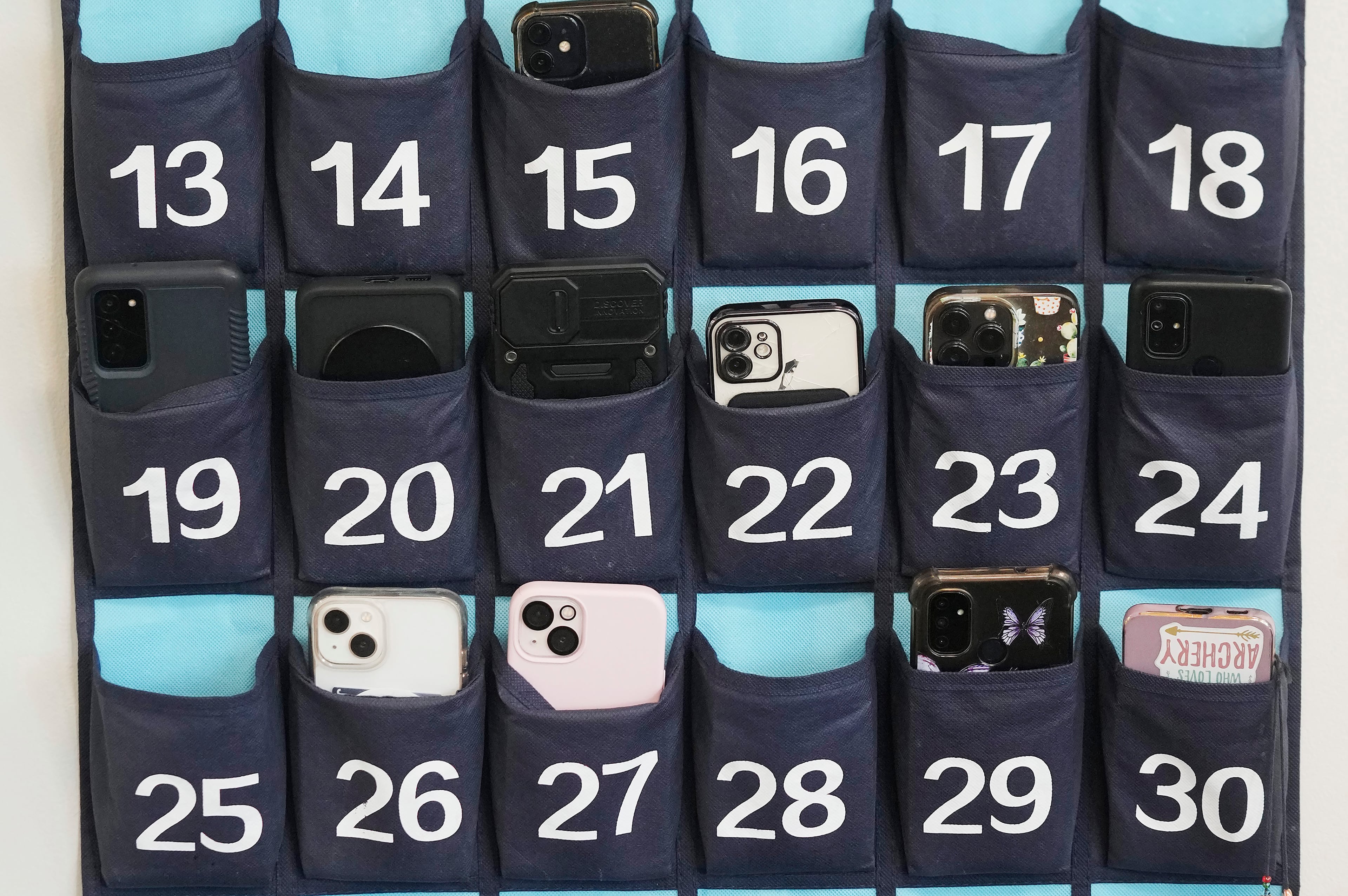Doc to recount how Billy Payne and Andrew Young got the Olympics to Atlanta

George Hirthler, the man who wrote the bid for the 1996 Olympics for the city of Atlanta, recalled entering an elevator in Tokyo with members of the rival Athens bid committee the night before the official announcement in early 1990.
They complimented the Atlanta contingent for a strong bid, telling them they ran a great campaign and should be proud. “It was condescending,” Hirthler recalled. “But we were gracious and polite. We didn’t argue.”
Athens, which assumed it would get the bid, lost after four rounds of voting. Atlanta, much to their shock, got the gold. And the rest is history, which Hirthler and his friend and veteran producer Bob Judson are now chronicling in an upcoming documentary called “Games in Black & White” using a diverse crew that includes former students of Judson, who used to teach at Georgia State University.
The film, funded by a corporate foundation sponsor Hirthler declined to name, is still in production but is expected to be completed this year and released next year. Hirthler said they are shopping the documentary around, noting that the Peacock streaming service has expressed interest, given its ties to the Olympic games.
“They’d have to see the end product,” said Judson, who was involved with film production and stadium renderings for the Olympic bid more than 30 years ago. (He also helped design the much maligned mascot Whatizit, shortened to Izzy.)
The focus of the movie will be how attorney and visionary Billy Payne and civil rights leader and former U.N. ambassador Andrew Young convinced the International Olympic Committee members to take a chance on Atlanta, a city that at that time was often deemed second tier even in the United States, much less the world.
“Billy’s strategy was to just make friends with the IOC committee members,” said Hirthler, who is part of a production company called Atlanta Story Partners. “And Andy Young already had a stellar international reputation.”

The documentary, which spoke to both men separately and together multiple times since 2020, will recount how these two men found common ground to make the Olympics a reality in this Southern city.
“They saw the Olympics as an advancement and partial fulfillment of the Martin Luther King Jr. dream thematic,” Hirthler said.
Both remember those years with clarity, Hirthler said. And Hirthler not only wrote the 630-page bid book for the Olympics but also helped with related speeches and film presentations at the time.
So far, they have interviewed 36 people and are still seeking a handful more, including some Olympic athletes from the era. The film will get into what happened at the Olympics, both the good and the ugly, including the Eric Rudolph bombing of Centennial Olympic Park.
But a good portion of the doc, they said, will be about the legacy of the ‘96 Games in the city of Atlanta, how it revitalized the area around Centennial Olympic Park and burnished the its reputation as an international city.


